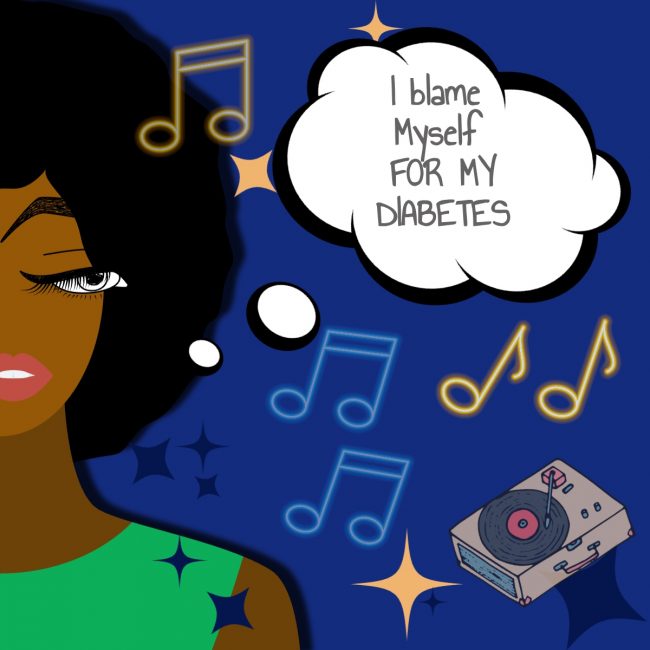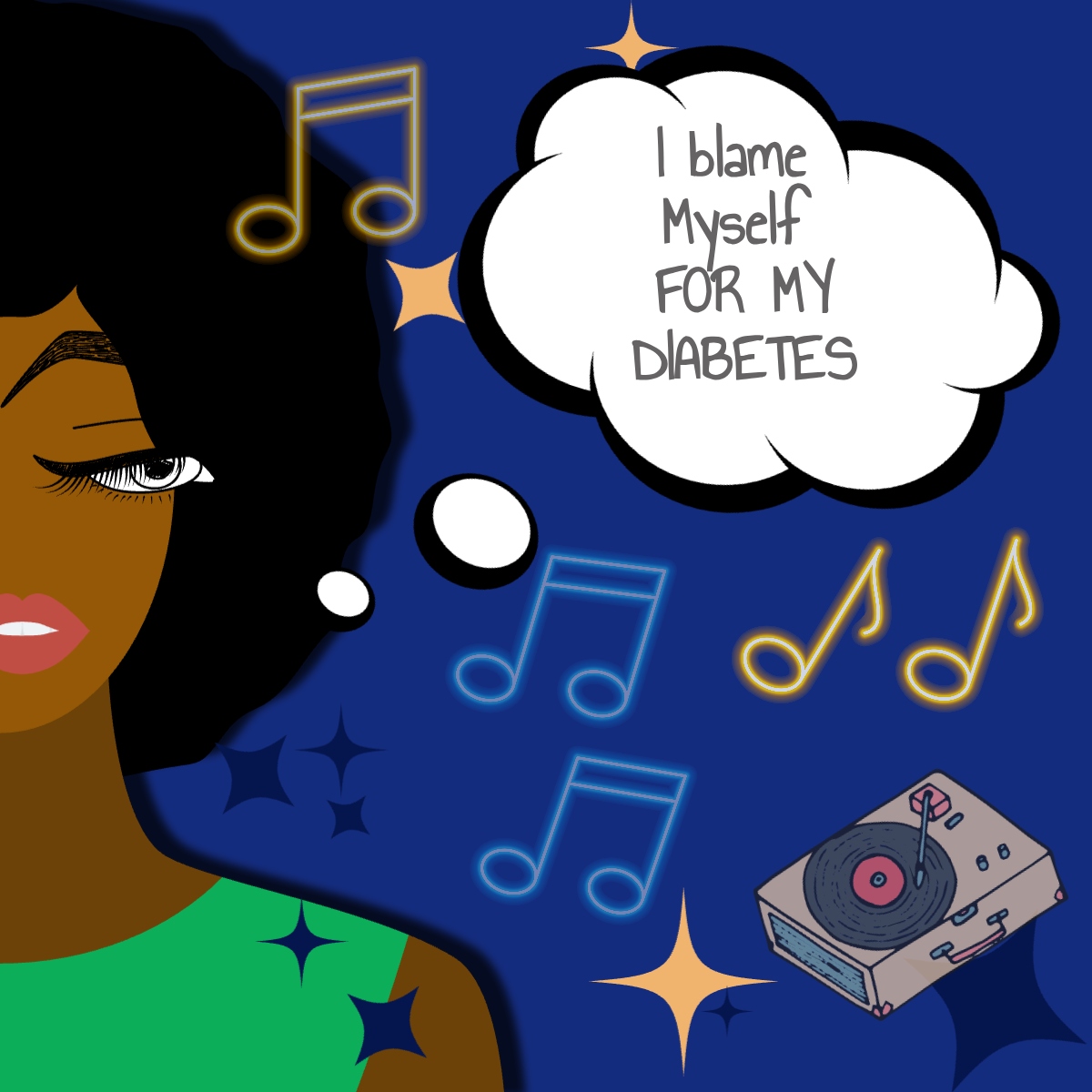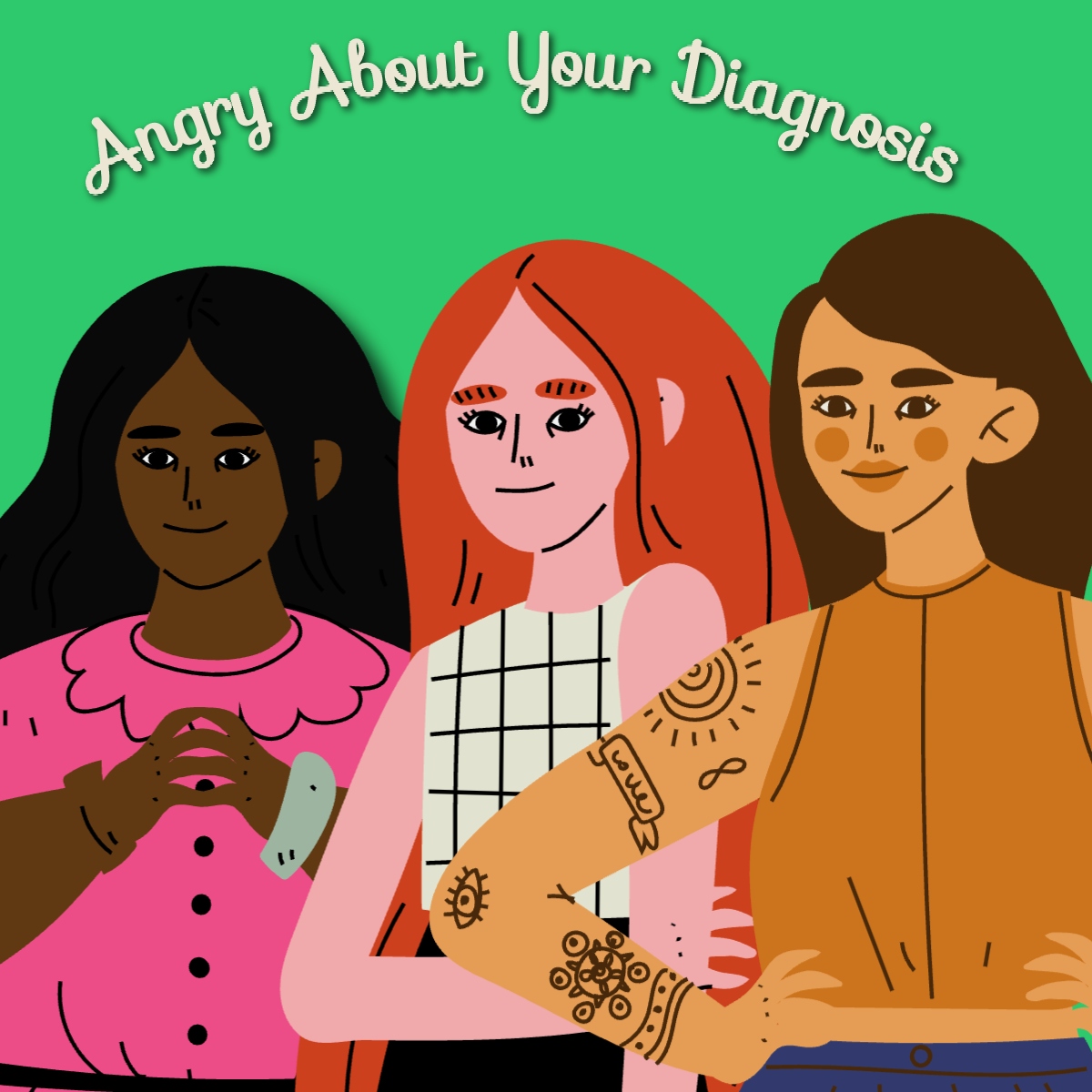Music can inspire conversations about different life topics, even ones that are different from the song lyrics. For example, Ledisi’s hit song, “I Blame You,” is an upbeat track about loving someone so good that you have no choice but to keep loving them. With song lyrics, “I blame you each and every day, It’s your fault that I’m completely blown away, You’ve been building castles in the sky, A place for only you and I, I, I, I”, who wouldn’t want to be told that you make someone you love to feel loved, and feel joy, how beautiful is that?
Words have power, especially when put to music. You can find yourself singing along to a chorus without even knowing what you’re saying. Repeated listening to a song can trigger random associations that slip into your subconscious and support or hinder your actions. This is why self-reflection is crucial. It allows us to understand how our words and thoughts impact our actions and, ultimately, our diabetes management.
Imagine if we ‘reframed’ Ledisi’s song title, which means changing the perspective or context to refer to the words you might find yourself saying about your diabetes daily. For example, instead of ‘I Blame You ‘, we could think of it as ‘It’s All My Fault’ or ‘I Gave Myself Diabetes ‘.

Blame and shame are the two biggest culprits that often sabotage your ability to manage your self-care. It’s not hard to imagine that these negative thoughts can slip into their minds without much effort. The light might be green, but we can still see red if we’re in the midst of despair. It’s a struggle to keep the negative self-talk at bay when you find yourself in the valley rather than at the peak of the mountain top.
How can you succeed at making lifestyle changes if your starting point begins with a negative mindset?
Regret, despair, anger, and frustration are the common emotions people experience when they’re initially diagnosed with diabetes. But here’s the thing: some people can overcome these emotional obstacles and improve their quality of life, while others cannot.
Many people who make and sustain changes to improve their care cite their children and grandchildren for giving them a reason. Others feel they have no choice but to change and return to the quality of life they once enjoyed.
What is your experience? We encourage you to share your thoughts and feelings about the impact of negative self-talk on your diabetes management. Your insights could be valuable to others in our community.









